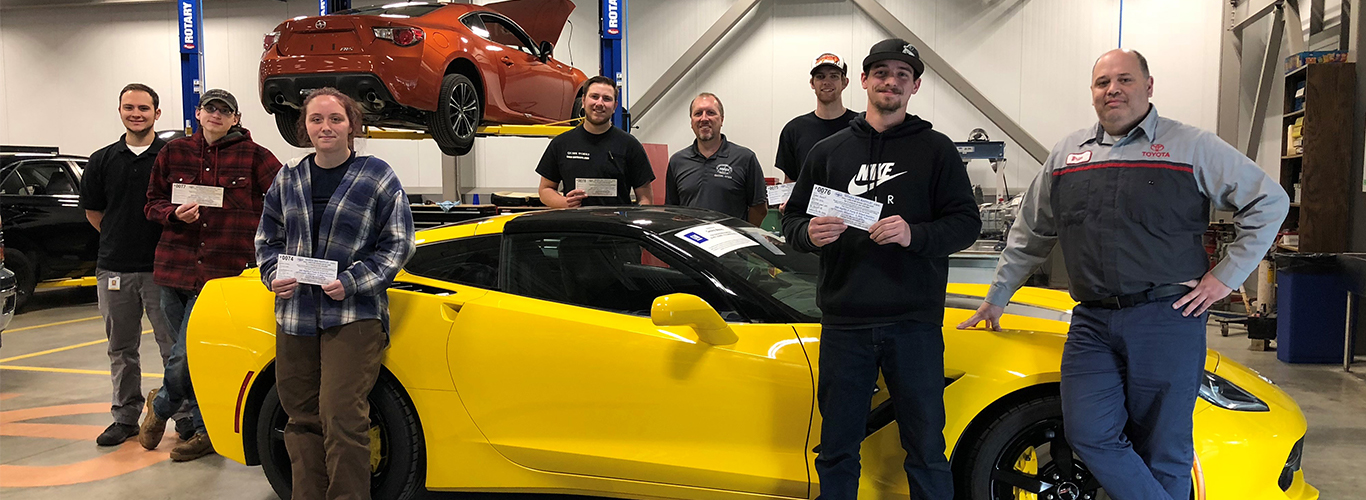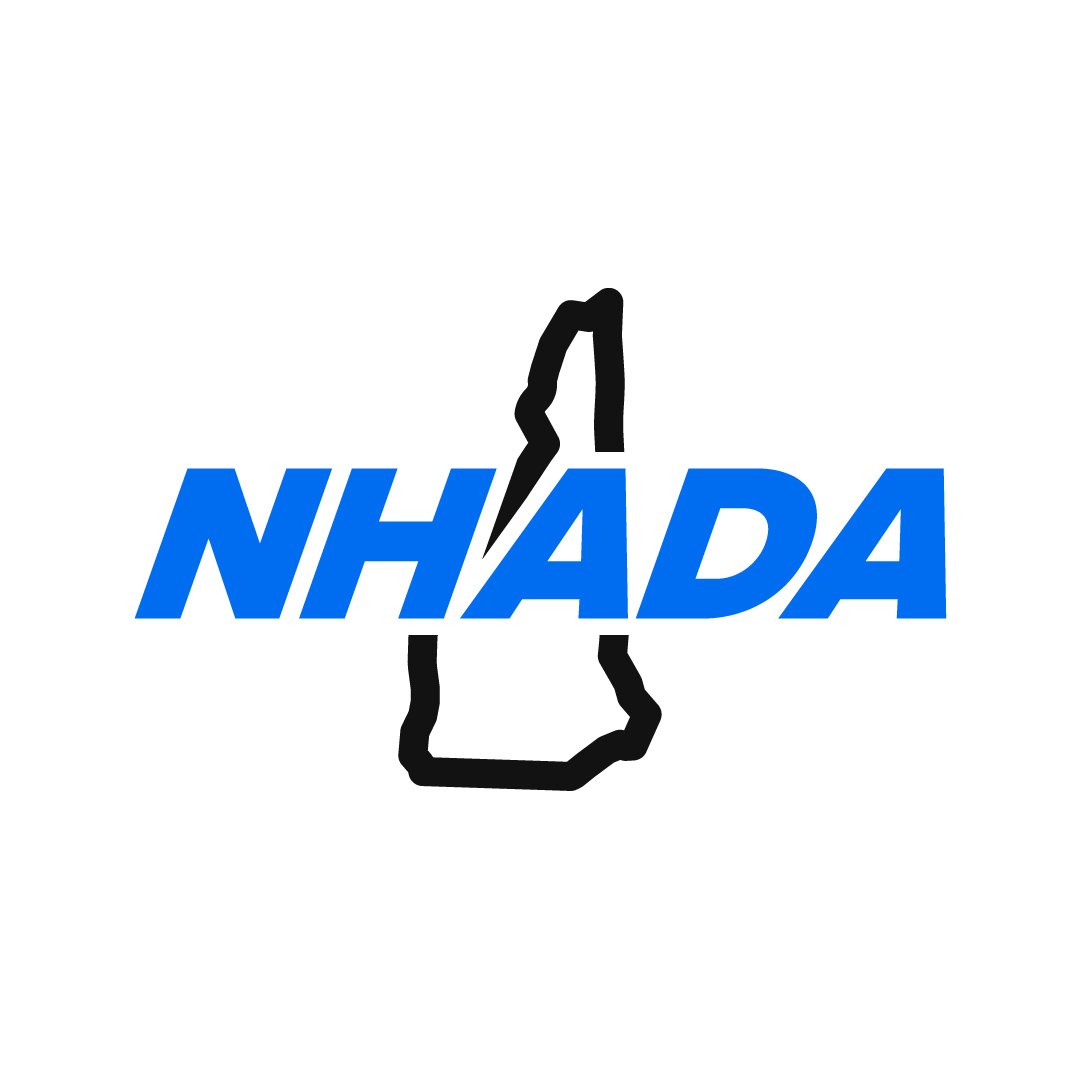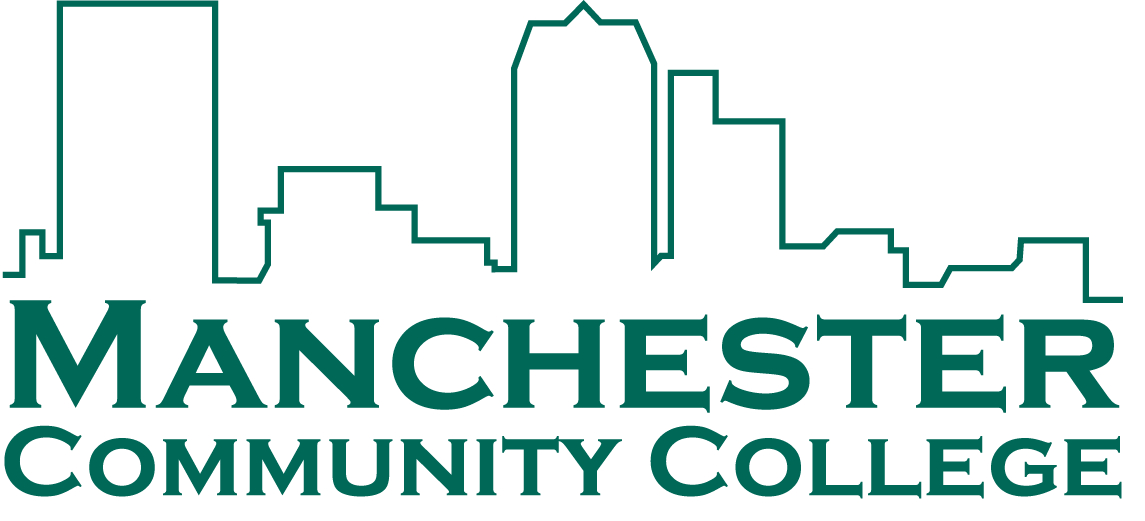Advisory Boards, what are the benefits and expectations?
Advisory Boards provide information, counsel and recommendations to the individual auto technician programs and are made up from the community it serves. Each NATEF accredited auto technician program at high schools, regional technical education centers or community colleges are required by the National Automotive Technician Education Foundation (NATEF) to convene an Advisory Board. These boards generally consist of former students, currently employed auto technicians, employers and people whom could represent consumers interests. This is in addition to school personnel that are responsible for running the program. An active and involved board ensures that program goals are met by having all stakeholders in the automobile industry present, and by having it be diverse.

Advisory Board members can expect to attend meetings at least twice a year aligning with Fall and Spring semesters. In addition to providing input, board members will conduct site inspections of labs, make funding recommendations and review curriculum. Through these processes, board members evaluate the program’s tools, equipment and facilities to mirror the industry and ensure the instruction provides the students with the skills needed to enter the workforce.
The benefits of serving on an Advisory Board are abundant. Whether an auto technician, employer, educator or consumer, we all rely upon a skilled automobile workforce to keep New Hampshire rolling. A leadership and advisory role gives you a voice and the satisfaction of giving back to an industry that you’ve benefited from. Most rewarding is the joy derived from observing how these programs transform young people’s lives by giving them opportunity and a career.
What are job Co-Ops or Extended Learning Opportunities and Mentorships?
Automotive educational programs rely upon community-based learning to translate the theory and practice taught in the classroom into the reality of being part of the workforce inside industry. These community-based learning pipelines commonly take the form of:
- Job Co-Ops: These are Community College System of New Hampshire opportunities within degree programs. Built into the student’s schedule are paid positions in which the student is placed into a service department to apply what they’ve learned in the classroom and learn on the job alongside the most experienced automotive technicians New Hampshire has to offer.
- Extended Learning Opportunities: These are high school based programs in which for the duration of a semester, students are placed in local shops for approximately 45 minutes to an hour, once or twice a week to gain a basic overview of the industry and obtain a familiarization with the real-world application of what is being learned in the classroom.
- Mentorships: Mentors are assigned to students at both the high school and college level and their level of engagement with the student can range from working one-on-one to teach them the trade on a shop floor, to supervising the students self-directed performance in industry and providing guidance when necessary.
What makes successful Co-Ops or Extended Learning Opportunities and Mentorships?
The most successful Co-Ops, Extended Learning Opportunities and Mentorships all have several things in common:
- School instructors are actively engaged with industry, regularly meeting with existing partners and continually recruiting new partners.
- Before any community-based learning opportunity begins, instructors introduce students to industry partners in-person and ensure that expectations upon industry and students as to their individual roles are unambiguous, clear and understandable.
- Create a work environment for the mentor that will not affect his/her wages
- Communication systems are in place to provide immediate feedback if any roles and responsibilities are not being fulfilled or expectations are not being met. This requires constant engagement with industry and students by the instructors to provide accountability.
- Safety and security of the students is paramount, instructors and mentors are continually following up with students and industry to ensure that the learning environment is safe, productive and beneficial to both.
In essence, these programs are most successful when they provide a win-win outcome for both the students and industry partners. Without the above processes in place, all too often win-lose or worst, lose-lose outcomes are realized whereas the students didn’t benefit from the experience and industry doesn’t realize the return on its investment. Communication, engagement and cultivation of relationships by school faculty combined with accountability of the students to fulfill their obligations to industry all but insure a positive outcome. This is just not replicable by staying in the confines of the classroom walls.
Originally published on:






